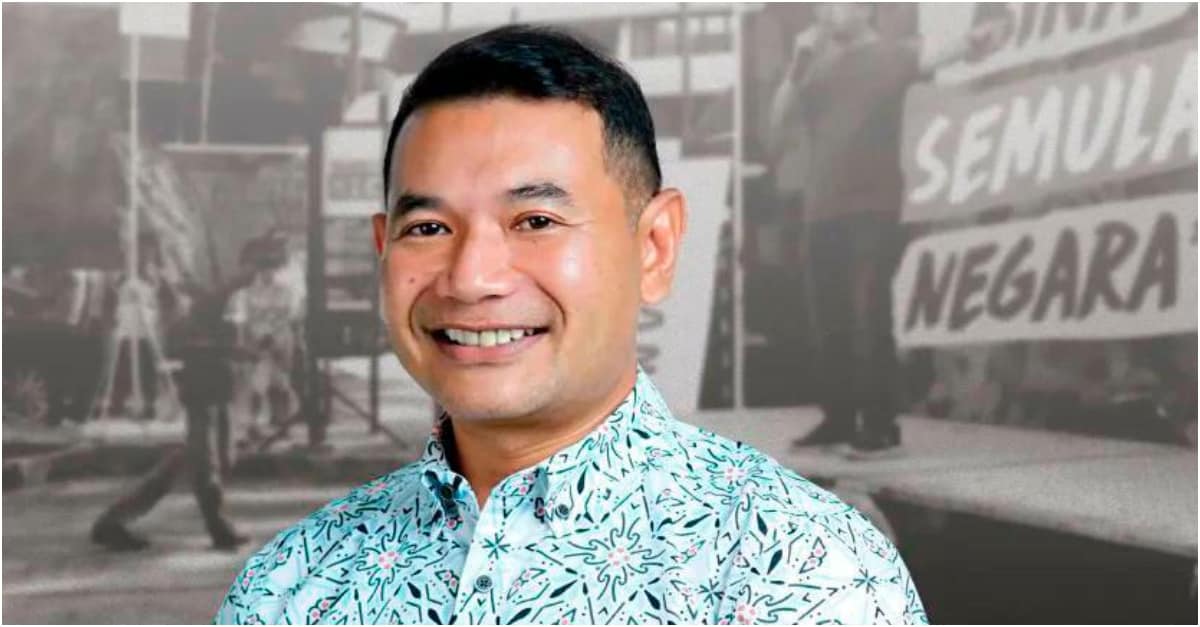Anwar gets unexpected support from some political quarters on religious guidelines
Not everyone agreed with the reversal. Some political and religious leaders, particularly from the opposition PAS, criticized the government’s U-turn

The controversy over guidelines for non-Muslims hosting Muslim guests at non-Islamic events in Malaysia has stirred a lot of debate, reflecting deeper tensions around race, religion, and politics in the country. The proposal, initially floated by the Malaysian Islamic Development Department (Jakim), suggested that non-Muslim event organizers would need to seek approval from Islamic authorities and adhere to strict rules—like avoiding religious symbols or speeches that could "propagate" non-Islamic faiths—when inviting Muslims to events like weddings or funerals at temples or churches.
Prime Minister Anwar Ibrahim ultimately stepped in, scrapping the proposal after a wave of criticism. He argued that Muslims already understand their religious boundaries and that such guidelines were unnecessary and could cause public anxiety. Anwar’s stance was backed by figures like Selangor’s Sultan Sharafuddin Idris Shah, who called the proposal poorly timed and a threat to Malaysia’s multicultural harmony. Non-Muslim groups, like the Federation of Chinese Associations Malaysia (Huazong), also welcomed the decision, emphasizing the importance of inclusivity and pointing to Anwar’s own participation in events like Thaipusam as a model of coexistence.
However, not everyone agreed with the reversal. Some political and religious leaders, particularly from the opposition Parti Islam Se-Malaysia (PAS), criticized the government’s U-turn. PAS Youth Chief Afnan Hamimi Taib Azamudden argued that the guidelines were necessary to uphold Islamic principles and questioned the government’s commitment to the National Fatwa Council’s decisions. Similarly, Akmal Saleh from the United Malays National Organisation (UMNO), part of the ruling coalition, framed the guidelines as a helpful reference for Muslims, not an imposition on non-Muslims. These voices reflect a broader push from certain quarters to maintain Islam’s position as the federation’s religion, even in interfaith settings.
The debate highlights Malaysia’s delicate balancing act. On one hand, there’s a push for religious sensitivity, especially from Malay-Muslim nationalists who see guidelines as protecting Islamic values. On the other, critics argue such measures overreach, encroaching on personal freedoms and risking alienation in a multiracial society. Anwar’s administration, caught in the middle, seems to be leaning toward a more inclusive approach, but the issue remains a flashpoint. Posts on X show public sentiment is divided, with some decrying the guidelines as oppressive and others lamenting the lack of clarity for Muslims navigating interfaith spaces.
For now, the guidelines are off the table, but the underlying tensions—fueled by political maneuvering and differing visions of Malaysia’s identity—aren’t going away.


